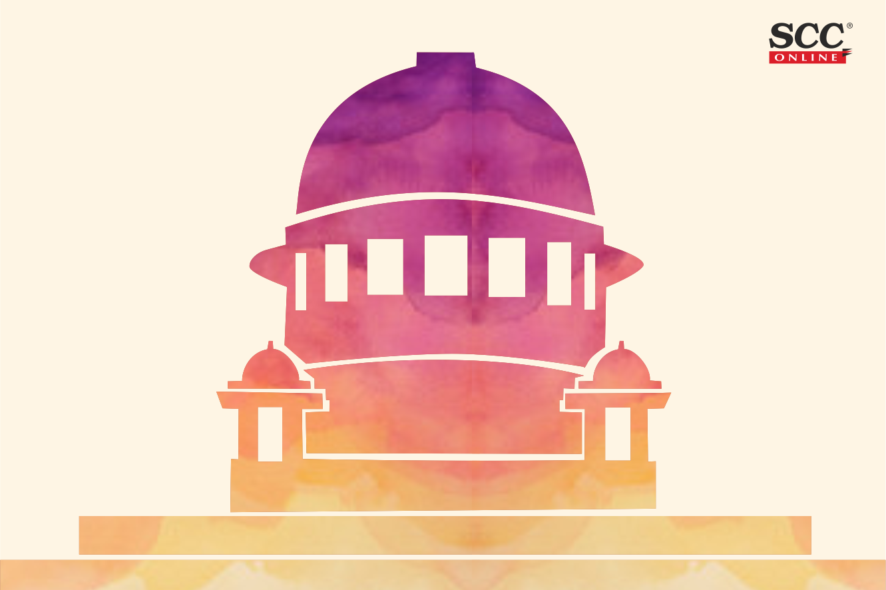Supreme Court: The bench of R. Subhash Reddy* and Hrishikesh Roy, JJ has held that without positive act on the part of the accused to instigate or aid in committing suicide, no one can be convicted for offence under Section 306, IPC.
“To proceed against any person for the offence under Section 306 IPC it requires an active act or direct act which led the deceased to commit suicide, seeing no option and that act must have been intended to push the deceased into such a position that he committed suicide.”
The ruling came in a case where the deceased had consumed poison in from of the house of the appellant. Except the statement that the deceased was in relation with the appellant, there was no material at all to show that appellant was maintaining any relation with the deceased.
In fact, the statement of the SI disclosed that the deceased was stalking the appellant and was continuously calling her and proposing that she should marry him with a threat that he will die otherwise. The appellant, along with her father, had made a complaint about the same.
Having regard to such material placed on record and in absence of any material within the meaning of Section 107 of IPC, the Court held that there was absolutely no basis to proceed against the appellant for the alleged offence under Section 306 IPC.
“It would be travesty of justice to compel the appellant to face a criminal trial without any credible material whatsoever.”
Some important rulings
Chitresh Kumar Chopra v. State (Govt. of NCT of Delhi), (2009) 16 SCC 605
There should be an intention to provoke, incite or encourage the doing of an act by the accused. Each person’s suicidability pattern is different from the other and each person has his own idea of self-esteem and self-respect. Further, is impossible to lay down any straightjacket formula dealing with the cases of suicide and each case has to be decided on the basis of its own facts and circumstances.
Amalendu Pal @ Jhantu v. State of West Bengal, (2010) 1 SCC 707
In cases of alleged abetment of suicide there must be proof of direct or indirect acts of incitement to the commission of suicide. Merely on the allegation of harassment without there being any positive action proximate to the time of occurrence on the part of the accused which led or compelled the person to commit suicide, conviction in terms of Section 306 IPC is not sustainable.
In order to bring a case within the purview of Section 306 IPC there must be a case of suicide and in the commission of the said offence, the person who is said to have abetted the commission of suicide must have played an active role by an act of instigation or by doing certain act to facilitate the commission of suicide.
[Kanchan Sharma v. State of UP, 2021 SCC OnLine SC 737, decided on 17.09.2021]
__________________________________________________
Counsels:
Advocate Sanchit Garga, for the appellant
Advocate Aviral Saxena, for the State
*Judgment by: Justice R. Subhash Reddy






